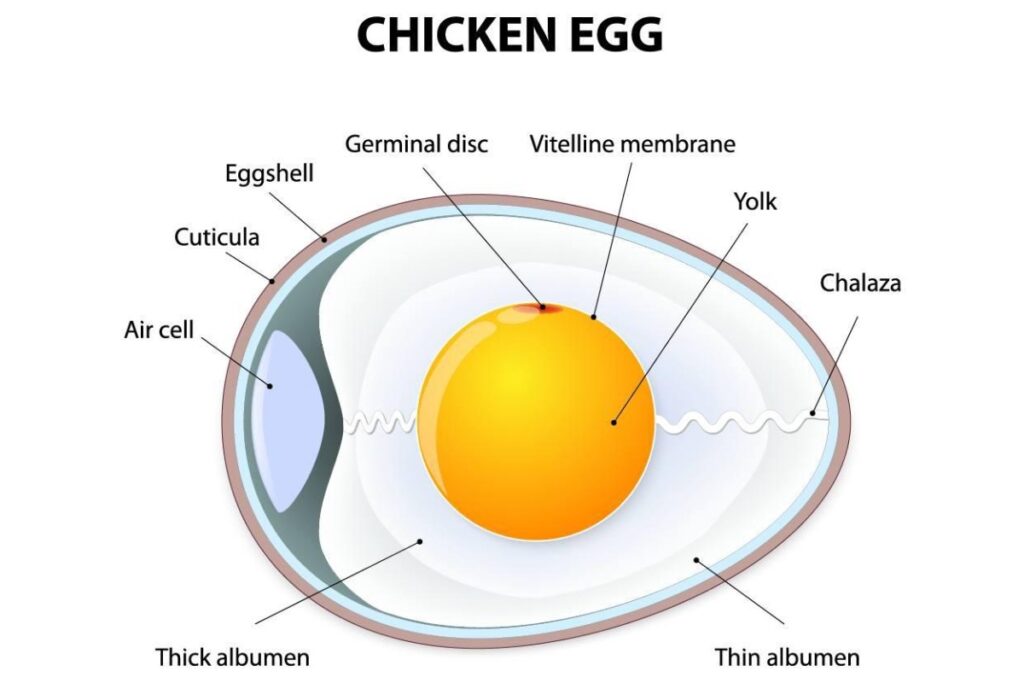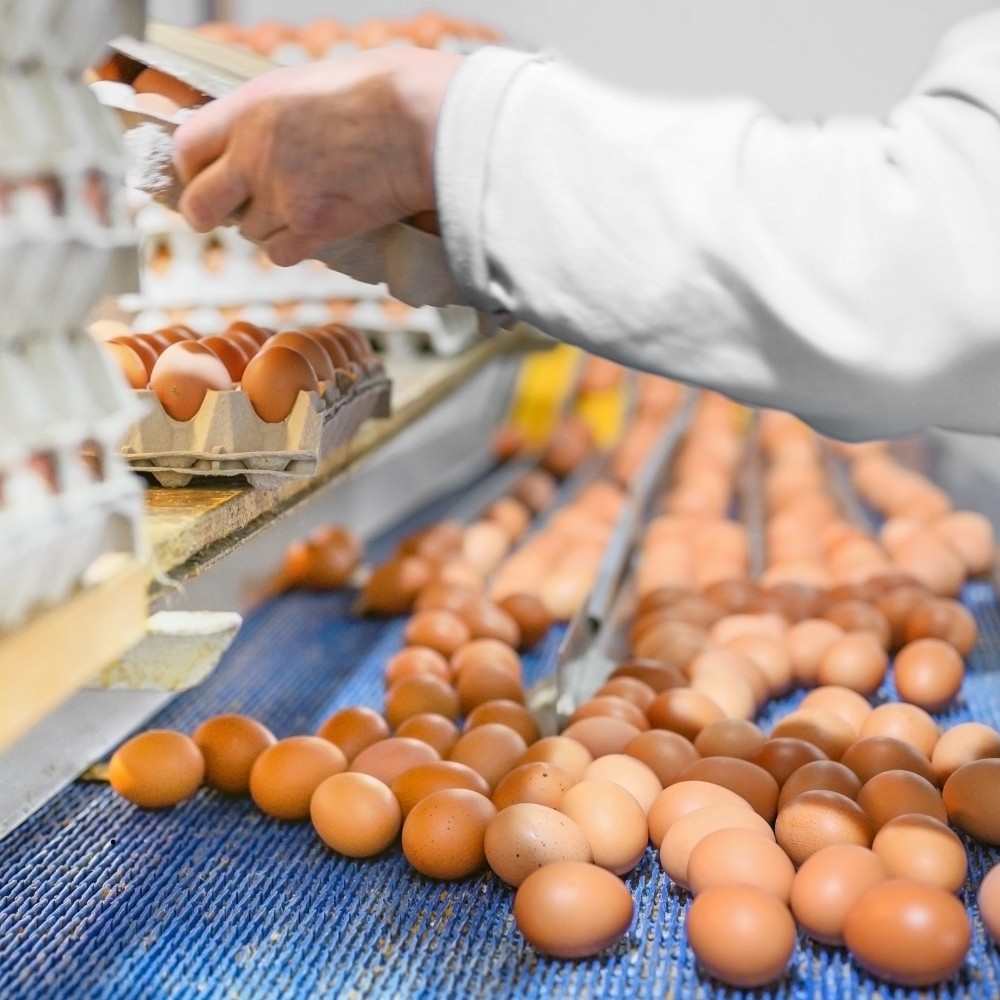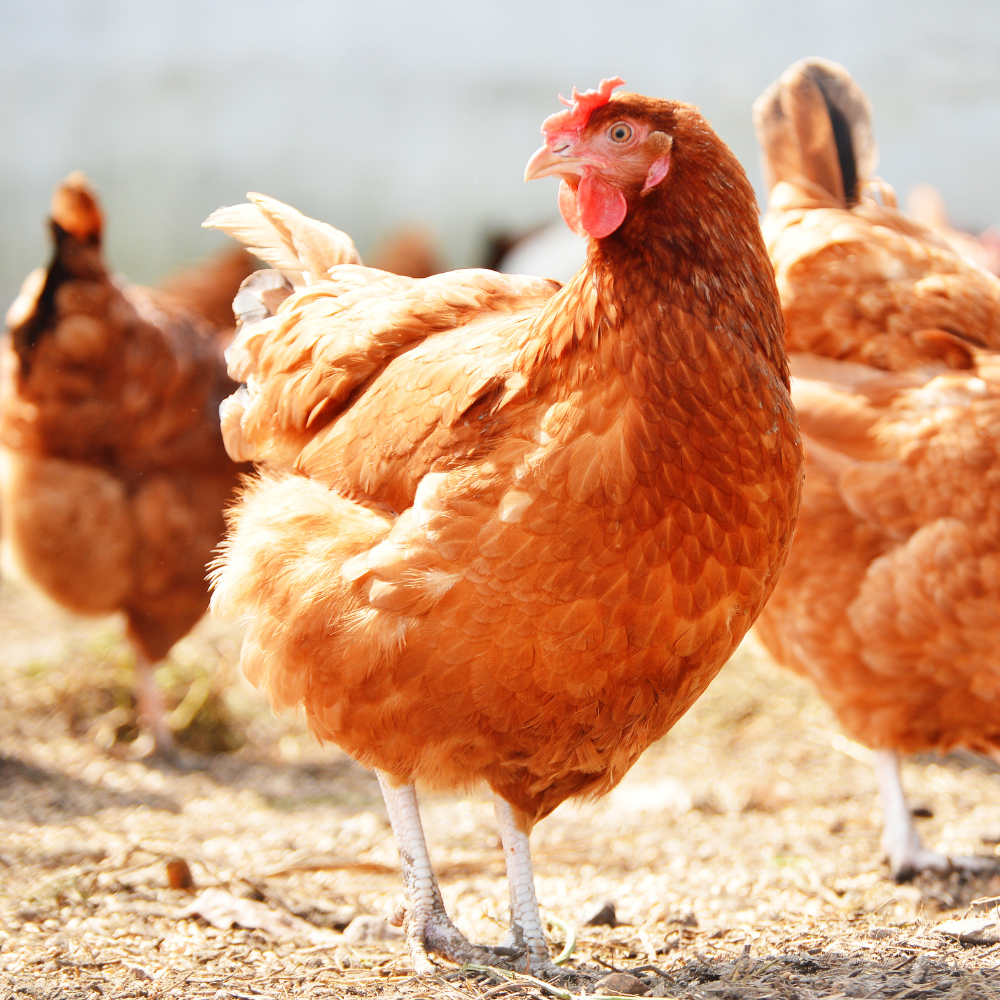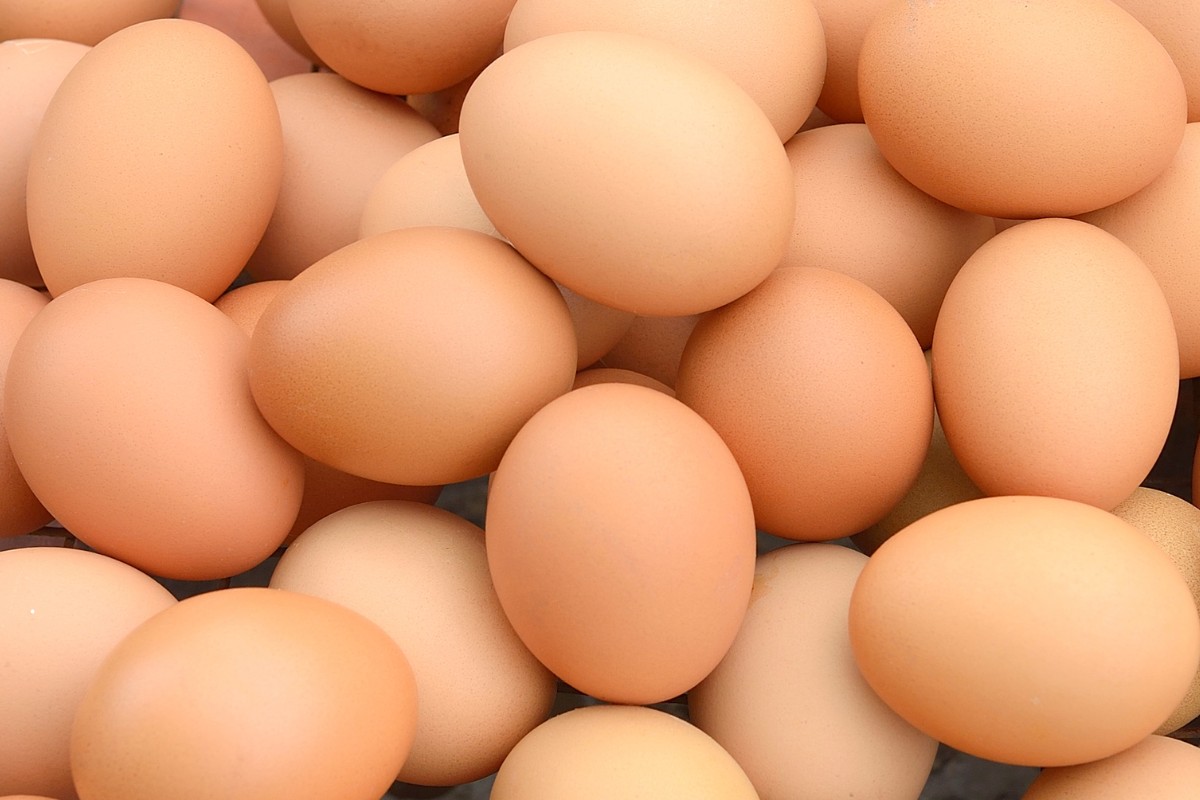When it comes to eggs, quality is key for both farmers and consumers.
One crucial aspect of egg quality is the strength of the vitelline membrane surrounding the yolk. This membrane plays a vital role in maintaining the egg’s structure and protecting the developing embryo.
Understanding the factors that influence the rigidity of this membrane is essential for improving overall egg quality.
In this article, we’ll explore these factors and how Poulsil can support poultry farmers in enhancing their egg production.

Factors Affecting the Vitelline Membrane Rigidity
Genetic Factors
The genetic makeup of hens has a significant impact on the strength and rigidity of the vitelline membrane. By selectively breeding hens with traits that enhance membrane strength, farmers can achieve a more robust vitelline membrane.
Nutritional Factors
- Protein Content: Maintaining adequate protein levels is crucial for the integrity of the vitelline membrane. Proteins rich in amino acids like lysine and methionine are essential for collagen synthesis, a key component of the membrane.
- Vitamins and Minerals: Essential vitamins such as A, D, and E, along with minerals like calcium and phosphorus, play a vital role in membrane strength. Vitamin D, for example, aids in calcium absorption, crucial for eggshell and membrane formation.
- Bioactive Silicium: Research shows that bioactive silicium can enhance collagen synthesis and bone mineralization, leading to improved membrane rigidity.
Age of the Hen
As hens age, the rigidity of the vitelline membrane tends to decrease. This decline is attributed to reduced collagen production and changes in metabolic processes that support membrane integrity.
Environmental Conditions
- Temperature and Humidity: Extreme temperatures and improper humidity levels can have a negative impact on egg quality, including the rigidity of the vitelline membrane.
- Stress Factors: Stressed hens tend to produce eggs with weaker membranes. Overcrowding, poor ventilation, and inadequate lighting are common stress-inducing factors.
Hen Health
The overall health and disease status of hens directly influence egg quality. Healthy hens with strong immune systems are more likely to lay eggs with robust vitelline membranes.
Feed Additives
Certain feed additives can significantly boost the rigidity of the vitelline membrane. For instance, Poulsil, a bioactive silicium additive, has been shown to enhance membrane strength by promoting collagen synthesis and bone health.
Importance of Vitelline Membrane Rigidity
A strong vitelline membrane is crucial for several reasons:
- Embryo Protection: It provides a sturdy barrier for the developing embryo, ensuring its safety.
- Albumen Separation: Maintains a clear distinction between the yolk and egg white, essential for both development and culinary purposes.
- Bacterial Barrier: Reduces the risk of bacterial contamination, extending the egg’s shelf life and safety.
- Egg Quality Maintenance: Preserves the yolk’s shape, indicating freshness and quality.
- Yolk Positioning: Centers the yolk for optimal development and presentation.
- Nutrient Retention: Helps retain essential nutrients within the yolk.
How Poulsil Can Benefit Poultry Farmers: Egg Production
Poulsil, a bioactive silicium additive tailored for poultry production, is designed to elevate bone health, eggshell quality, and vitelline membrane rigidity. Let’s explore how Poulsil can support poultry farmers in optimizing their operations:
1. Enhanced Eggshell Quality
- Collagen Synthesis: Poulsil promotes collagen production, serving as a foundation for calcium carbonate deposition, resulting in more durable eggshells.
- Reduced Breakage: By enhancing eggshell quality, Poulsil reduces the occurrence of cracked eggs, leading to increased yield and superior product quality.
2. Improved Vitelline Membrane Rigidity
- Increased Rigidity: Trials have demonstrated that Poulsil supplementation notably enhances the rigidity of the vitelline membrane, crucial for maintaining egg quality during handling and processing.
- Enhanced Yolk Protection: A fortified membrane offers better yolk protection, minimizing nutrient loss and contamination risks.
3. Better Bone Health and Hen Welfare
- Bone Mineralization: Poulsil fosters bone health by improving mineral absorption and collagen synthesis, lowering the incidence of fractures and skeletal issues in hens.
- Enhanced Welfare: Healthier hens with strengthened bones experience reduced stress and discomfort, resulting in enhanced productivity and lower mortality rates.
4. Increased Productivity
- Higher Egg Production: Through overall health improvement, Poulsil can boost egg production rates.
- Improved Feed Conversion: Hens supplemented with Poulsil exhibit superior feed conversion ratios, enhancing production efficiency and cost-effectiveness.
5. Enhanced Egg Quality
- Consistency in Quality: Poulsil maintains high egg quality consistently throughout the production cycle, ensuring fewer defects and greater uniformity.
- Consumer Satisfaction: Premium quality eggs generated with Poulsil lead to heightened consumer satisfaction and potential premium market pricing.
In summary, a deep understanding of factors influencing vitelline membrane rigidity is key to elevating egg quality.
Poulsil stands as a promising solution for poultry farmers aiming to enhance egg production and quality by fortifying the vitelline membrane and overall hen health.
By integrating Poulsil into their feeding practices, farmers can achieve superior egg quality, heightened productivity, and enhanced welfare for their poultry.

Do you have a question about Poulsil and want to know more?
Schedule a call with our technical sales representative, Tiago Prucha.
Phone: +35 1917443901
Email: tiago.prucha@vetworks.eu

Poulsil
Poulsil ® an organic, bio-active source of Silicon which can be used for:
- collagen synthesis,
- bone mineralization,
- key role in the synthesis of structural proteins.
Poulsil is based on a patented mesoporosilica formulation that allows to increase bioavailability of Silicium dioxide.


